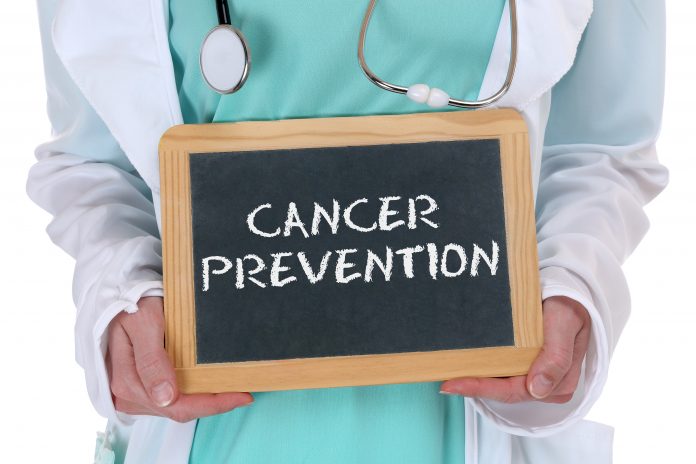A Monash University breast and prostate cancer prevention and early detection project has received a $5 million NHMRC Synergy Grant.
The NHMRC Synergy Grants have been set up to support outstanding multidisciplinary teams of investigators to address major health problems.
The investigative team, led by Professor Melissa Southey from the Monash School of Clinical Sciences, will bring together a multidisciplinary team of leading Australian researchers from across Cancer Council Victoria, the Garvan Institute of Medical Research, The University of Melbourne and Melbourne Health.
It will also reportedly include expertise across precision cancer epidemiology, functional genomicists, clinicians, implementation scientists and health economists to generate new knowledge and demonstrate the feasibility of population genomic testing to inform a new breast and prostate cancer management paradigm and substantially improve health outcomes for all Australians.
Professor Southey says the program will make the next benchmark advance in saving lives from breast and prostate cancer.
“Our research program is relevant to all Australians, with a particular focus on people who are, or will be identified as being, at elevated genomic risk of breast or prostate cancer,” she says.
“These Australians are often diagnosed at a younger age with a substantial cost in terms of the financial impact on society, morbidity and loss of productive years of life.”
Monash University’s Deputy Vice-Chancellor and Senior Vice-President, Professor Rebekah Brown, says the research program is built upon Monash’s deep partnerships with the community and leading researchers across the country.
“This NHMRC Investment could change the way we approach prevention and early detection of breast and prostate cancer and is poised to have a significant impact by bringing research findings to clinicians and patients.
“I am incredibly proud of the work being done by Professor Southey and her team and I look forward to seeing improved health outcomes for millions of Australians,” she says.
Even though management of breast and prostate cancers comprise the largest proportion of the work of most clinical cancer genetics and oncology services, translation of findings from basic science into clinical and public health usage remains largely unfulfilled.
The Grant will reportedly allow for a program of work to expand the understanding of the genomic risk factors and improve individualised risk prediction, extending the understanding of Australian attitudes, views and preferences on returning clinically actionable genomic information and enabling an informed pilot study to demonstrate the feasibility of population genomic testing in the Australian setting.








